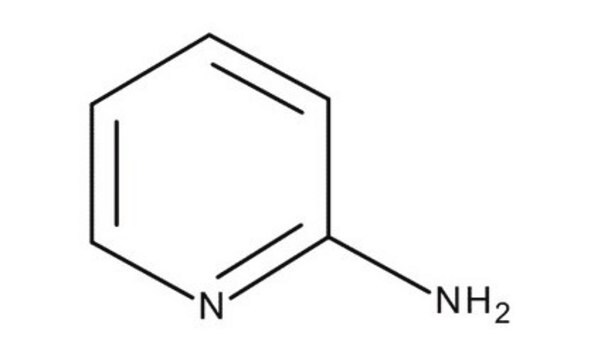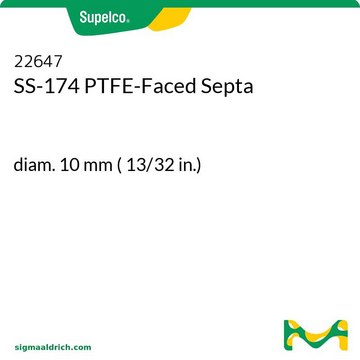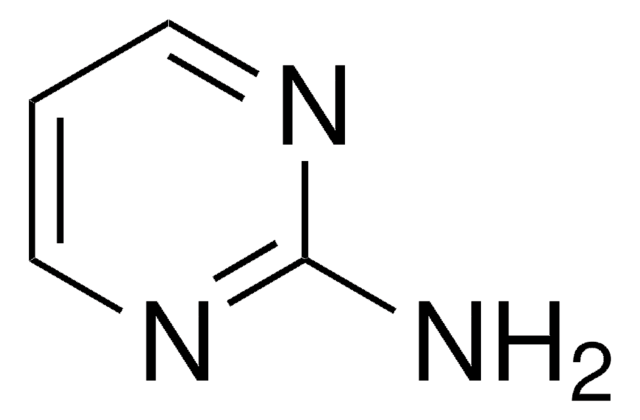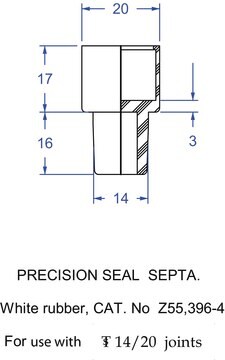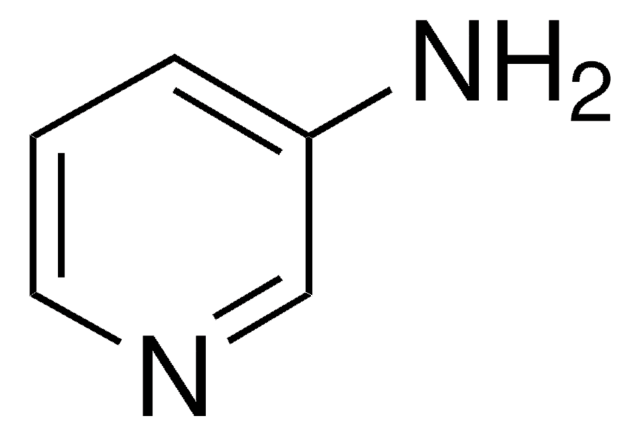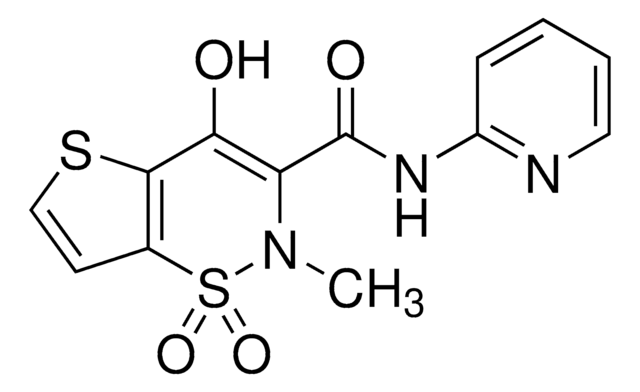36685
2-Aminopyridine
PESTANAL®, analytical standard
Synonym(s):
2-AP, 2-Pyridinamine, 2-Pyridylamine
About This Item
Recommended Products
grade
analytical standard
Quality Level
product line
PESTANAL®
Assay
98-100% (GC)
shelf life
limited shelf life, expiry date on the label
technique(s)
HPLC: suitable
gas chromatography (GC): suitable
bp
204-210 °C (lit.)
mp
54-58 °C (lit.)
application(s)
agriculture
environmental
format
neat
SMILES string
Nc1ccccn1
InChI
1S/C5H6N2/c6-5-3-1-2-4-7-5/h1-4H,(H2,6,7)
InChI key
ICSNLGPSRYBMBD-UHFFFAOYSA-N
Looking for similar products? Visit Product Comparison Guide
General description
Application
Recommended products
Legal Information
Signal Word
Danger
Hazard Statements
Precautionary Statements
Hazard Classifications
Acute Tox. 3 Dermal - Acute Tox. 3 Oral - Aquatic Chronic 3 - Eye Dam. 1 - Skin Corr. 1A
Storage Class Code
6.1A - Combustible acute toxic Cat. 1 and 2 / very toxic hazardous materials
WGK
WGK 3
Flash Point(F)
197.6 °F - closed cup
Flash Point(C)
92 °C - closed cup
Personal Protective Equipment
Choose from one of the most recent versions:
Already Own This Product?
Find documentation for the products that you have recently purchased in the Document Library.
Our team of scientists has experience in all areas of research including Life Science, Material Science, Chemical Synthesis, Chromatography, Analytical and many others.
Contact Technical Service
